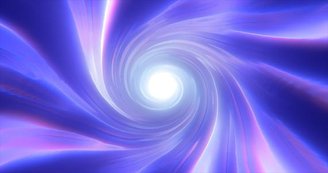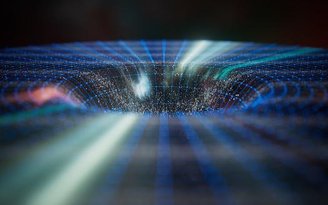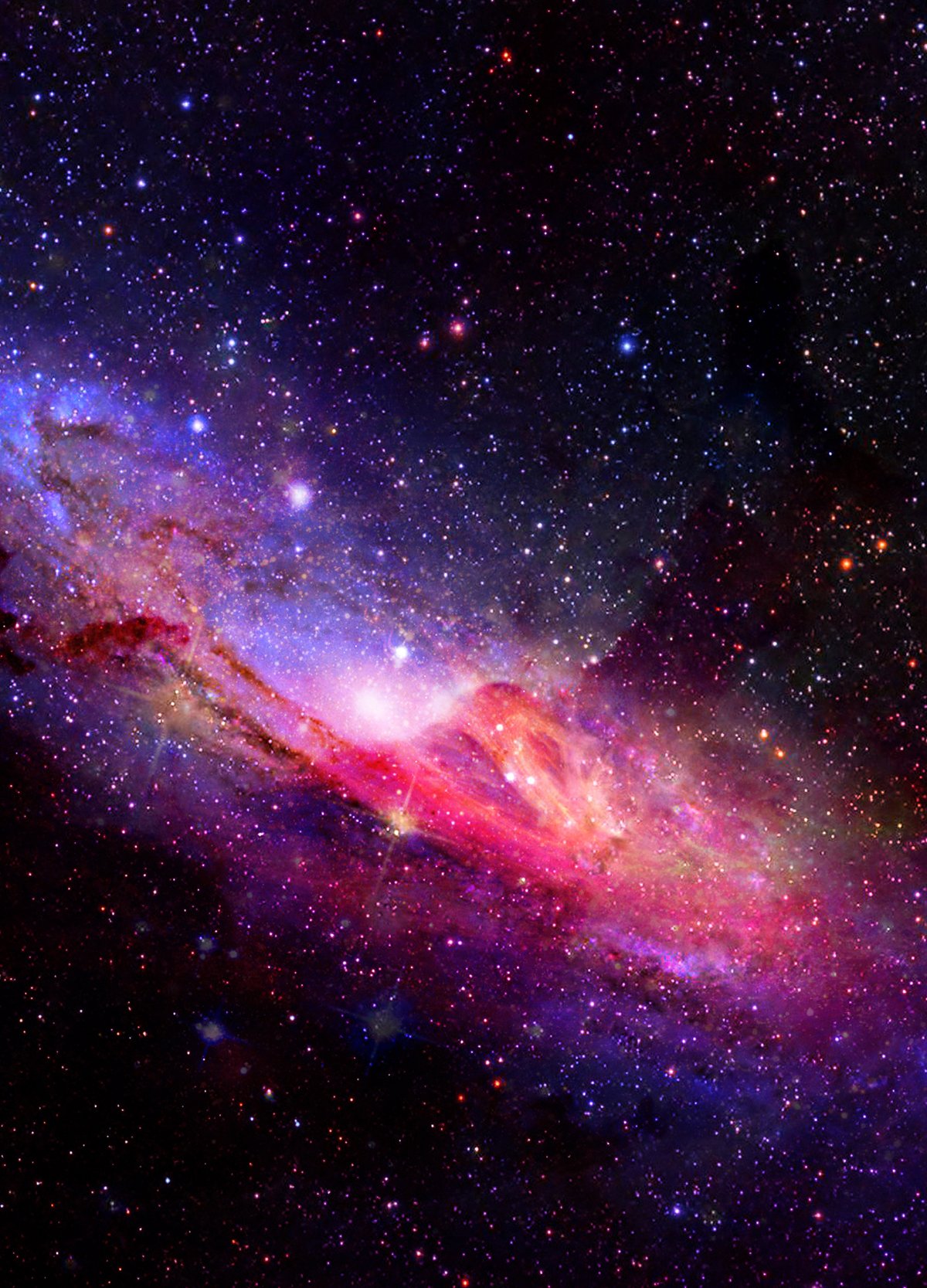If everything we know is in a rotational motion, would it be correct to assume that the universe as a whole is also rotating in the infinity of existence? If so, where is the axis of this rotation, or even where is the center of the universe?
As we put our perspective, our thoughts, and our mathematical calculations to work out the vastness of everything that exists within and outside our cosmological neighborhood, we may encounter some setbacks along the way. For example, We barely know what’s in our galaxy, maybe we can look at what’s on the fringes of the cosmic vastness.
To address some of these fundamental doubts, we can develop models to describe the behavior of the universe since its creation or to make predictions about how events might unfold and, who knows, how they might end.
Right now, We follow a model that describes it as isotropic and expansionary. So what does this mean? Understand a little more about how the universe behaves and whether it will cease to exist.
I am, therefore I return?
According to the Big Bang Theory, everything we know began with a cosmic explosion, and matter spread throughout previously empty space. At time zero, the elements were apparently evenly distributed. We use space in this sense because the cosmos or universe was in its infancy at that time..
According to some scientists, this situation, which seems like an uncertain and complex chaos, could actually follow a consistent order in the formation of the world. According to the researchers, There is a possibility that the universe was born and began a cosmic revolutionThis event could set the rest of creation into motion.
Thus, each little eddy of current would be the result of an effort to maintain this creative impulse that we have observed in stars, planets, and galaxies to this day, while gradually slowing down the motion of itself, the cosmos.
But in this mix of models, worldviews, and beliefs, some defining theories, such as Einstein and his theories of relativity, always stand out.
According to what?
According to the relativity models and cosmological data put forward by Albert Einstein, the universe is actually expanding. Despite everything, not in a rotational manner, but more like a uniform spread.
Cosmologists, physicists, astrophysicists, and many other professionals dedicated to studying the universe have been studying radiation signals emanating from distant parts of the universe for decades.

As far as we know the universe appears to be isotropic, meaning it has the same physical measurements across its dimensions. It is true that there may be some slight differences depending on where the signal is propagating from, but these are easily tolerated given the size of the entire set.
Several other features in the size and behavior of the cosmos provide strong evidence that the universe is not rotating and that it is very unlikely to be in revolution.
But there is a problem The theory of relativity does not impose a static universe, but allows for the possibility of a rotating cosmos.. Clinging to this void, Austrian mathematician and philosopher Kurt Gödel gave us a glimpse of a universe caught in a whirlwind of existential vastness.
Gödel and the cosmic rotation theory
It is important to emphasize that Gödel was not a student and proponent of a constantly rotating universe, but he took advantage of the gap left by Einstein to describe some possible events in a rotating universe.
For example, He said that if the universe is assumed to be rotating, some space-time lines can be “cut” at different points.It dispels the existing idea that it is homogeneous.
Another implication is that if we manage to get far enough away from the center of the revolution, there may be a chance for time travel; because, according to the thinker, at some point the universe, even light, may fold in on itself, giving the chance for temporal returns. It would be like jumping from one place to another.
In fact, temporality also enters into discussion in the thought experiment. For Gödel, in this fantastic scenario, time would be just a meaning.not a singular dimension in the cosmos, but a feeling.

But despite their apparent differences, Albert Einstein and Kurt Gödel were good friends and certainly spent hours discussing the possibilities this scientific scenario could create in the lives and research of future cosmologists.
The truth is that We cannot say with certainty that the universe does not have a cosmic rotation.but on the other hand, if it moves, the speed is so small that it’s as if it’s not spinning. On a cosmic scale, this would be very, very slow, so it wouldn’t have any impact on how we study the universe.
Until someone removes himself from this inertial frame of reference and observes the current movements in the universe from outside, As everything moves, we will continue our magnificent journey through our galaxy, our planetary system, and ultimately our home, Earth..
Did you like the content? Tell us about our social networks and take the opportunity to share the article with your friends on social networks. Until later!
Source: Tec Mundo
I’m Blaine Morgan, an experienced journalist and writer with over 8 years of experience in the tech industry. My expertise lies in writing about technology news and trends, covering everything from cutting-edge gadgets to emerging software developments. I’ve written for several leading publications including Gadget Onus where I am an author.












